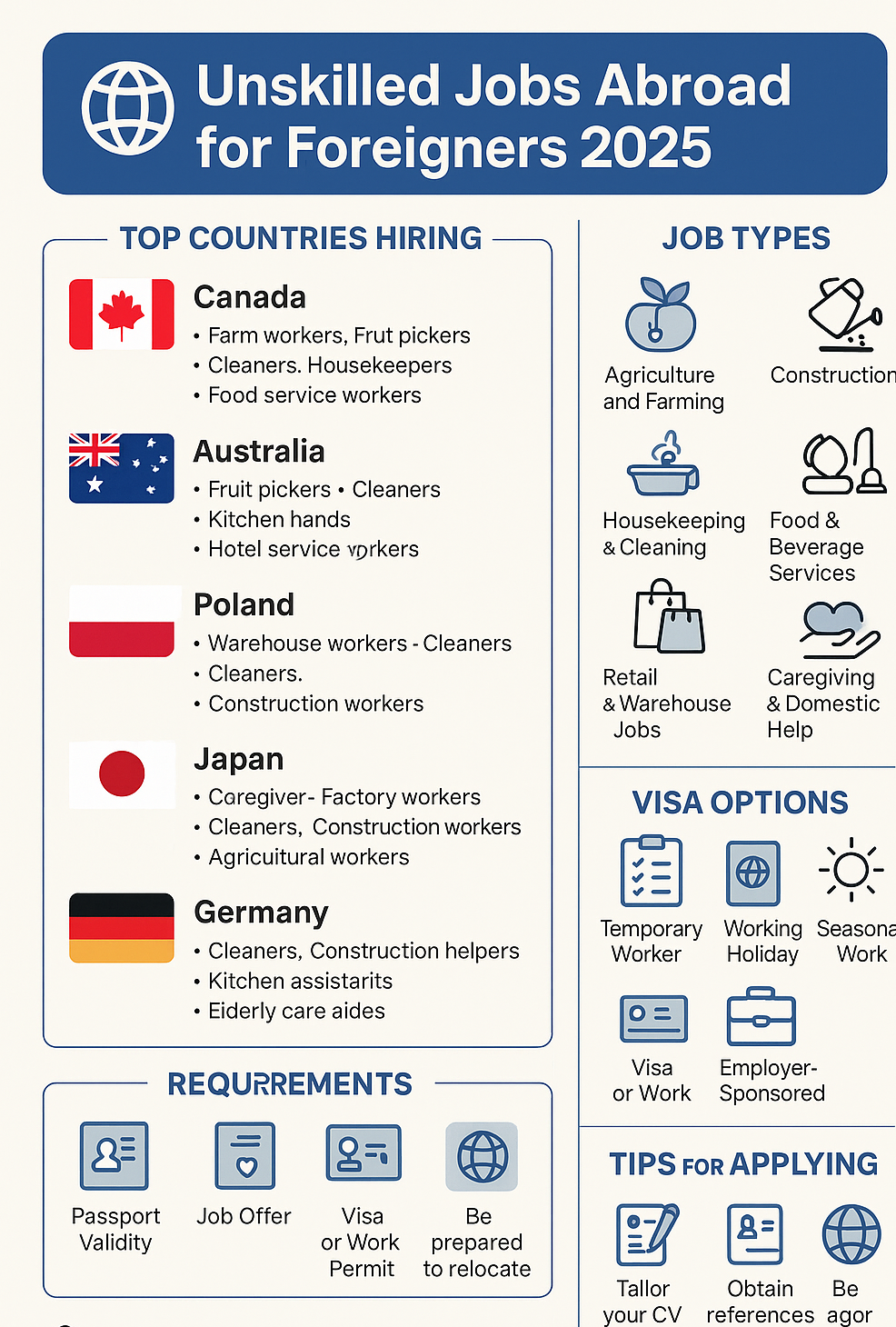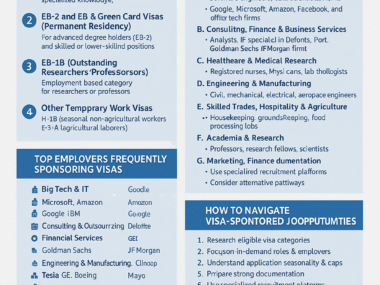Best Travel Insurance for International Students in 2025 (Affordable & Reliable)
Studying abroad is one of the most rewarding experiences in a student’s life. From gaining access to world-class education to exploring new cultures, the opportunities are endless. However, living in a foreign country also comes with risks and uncertainties—especially when it comes to health, accidents, or emergencies. That is why travel insurance for international students in 2025 is more important than ever.
With rising medical costs, stricter visa requirements, and global challenges like pandemics and natural disasters, travel insurance is no longer optional—it’s essential. Whether you are heading to the United States, Canada, the UK, Australia, or Europe, securing the right insurance plan ensures peace of mind for both students and parents.
Why Do International Students Need Travel Insurance in 2025?
1. Mandatory Visa Requirements
Many study visas require proof of health or travel insurance before approval. For example:
- Schengen Visa (Europe): Requires minimum coverage of €30,000.
- United States (J-1 Visa): Mandatory health insurance with specific coverage limits.
- Australia & Canada: Universities and immigration policies require proof of adequate medical coverage.
2. High Healthcare Costs
Healthcare in countries like the US, UK, and Canada is extremely expensive. Without insurance:
- A doctor’s visit in the US can cost $150–$300.
- Emergency surgery may exceed $10,000.
- An ambulance ride can cost over $1,200.
3. Unexpected Emergencies
From lost baggage to delayed flights or stolen passports, travel mishaps are common. Insurance cushions financial losses and provides support services like emergency assistance hotlines.
4. Peace of Mind for Parents
Parents often worry about their children abroad. With proper insurance, they can be reassured that medical emergencies or accidents will not cause a financial burden.
Key Coverage Areas for International Students
Not all travel insurance plans are equal. When choosing, students should look for the following coverage:
1. Medical Coverage
Covers doctor visits, hospitalization, surgery, and prescription drugs. Look for plans with at least $100,000 medical coverage.
2. Emergency Evacuation & Repatriation
If a student needs to be transported to another country or back home due to a severe illness, evacuation costs can reach $50,000–$100,000. Insurance covers these expenses.
3. Accidental Death & Disability
Provides financial support in case of accidental death or permanent disability.
4. Trip Interruption or Cancellation
If a family emergency forces a student to cancel or cut short their studies, insurance can reimburse non-refundable fees (like tuition deposits or flights).
5. Lost or Delayed Baggage
Covers expenses if luggage is lost, delayed, or stolen during travel.
6. Mental Health & Counseling Support
With the increasing importance of mental health, many providers now cover therapy or counseling sessions.
7. COVID-19 & Pandemic Coverage (2025 Update)
Some insurers excluded COVID-19 coverage in earlier years. In 2025, most reliable plans cover:
- COVID-19 testing and treatment
- Quarantine accommodation
- Flight rebooking if tested positive
Factors to Consider Before Buying Student Travel Insurance
- Country of Study Requirements
Always check your destination country’s insurance requirements. For example, Germany requires international students to purchase statutory health insurance unless exempt. - University or College Rules
Some universities offer their own insurance and may require you to enroll. Compare whether private insurance offers better value. - Duration of Stay
Ensure your plan covers the entire study period (e.g., 6 months, 1 year, or multi-year). - Coverage Limits
Cheaper plans often have low coverage, but this can backfire during emergencies. Aim for at least $100,000 medical coverage. - Network Hospitals
Choose providers with a strong network of hospitals near your university. - Exclusions
Read the fine print. Some policies exclude pre-existing conditions, adventure sports, or maternity care. - Cost vs. Value
Don’t just pick the cheapest option. Balance affordability with reliable coverage.
Best Travel Insurance Providers for International Students in 2025
Here are some of the top-rated companies offering travel insurance tailored for international students:
1. IMG (International Medical Group)
- Popular among students in the US & Europe.
- Offers flexible plans (1 month to 5 years).
- Coverage: Medical, evacuation, repatriation, COVID-19.
2. Allianz Global Assistance
- Known for worldwide coverage.
- 24/7 customer support in multiple languages.
- Good for students traveling across multiple countries.
3. ISO Student Health Insurance
- Specifically designed for international students in the US.
- Meets visa and university requirements.
- Affordable monthly premiums.
4. AXA Assistance
- Strong presence in Europe.
- Excellent for Schengen visa compliance.
- Covers mental health support.
5. Cigna Global
- Premium option for long-term international students.
- Customizable coverage with add-ons like dental, vision, and wellness.
6. StudentSecure (by Tokio Marine HCC)
- Popular choice for J-1 and F-1 visa students.
- Comprehensive coverage at affordable rates.
- Covers sports, maternity, and mental health.
Cost of Travel Insurance for Students in 2025
The cost depends on destination, duration, age, and coverage type. On average:
- Short-term (1–6 months): $25–$50 per month.
- Full academic year (9–12 months): $300–$600.
- Premium global coverage: $800–$1,200 per year.
Example:
- A 20-year-old student going to the US for one year may pay around $450–$700.
- A student going to Germany might pay €40–€80 per month.
Money-Saving Tips for Students
- Compare Multiple Plans Online – Use comparison sites before choosing.
- Buy Long-Term Plans – Annual plans are cheaper than monthly renewals.
- Check University-Partnered Insurance – Some schools offer group discounts.
- Avoid Overlapping Coverage – If your credit card already offers trip cancellation insurance, don’t pay extra.
- Choose Deductibles Wisely – A higher deductible lowers monthly premiums.
Common Mistakes Students Make
- Buying the cheapest policy without checking coverage limits.
- Ignoring visa and university requirements.
- Not disclosing pre-existing conditions (can void claims).
- Assuming home country insurance works abroad (usually it doesn’t).
- Forgetting to renew insurance when extending studies.
FAQs on Student Travel Insurance in 2025
Q1: Is travel insurance mandatory for all international students?
Not always, but many universities and countries require it (e.g., US, Schengen, Australia).
Q2: Does student insurance cover dental and vision?
Basic plans usually don’t, but premium plans may include dental, vision, or wellness benefits.
Q3: Can I buy insurance after arriving abroad?
Yes, but some countries require proof before visa approval. It’s better to buy before departure.
Q4: What if I switch universities or countries?
Many providers allow you to transfer or extend coverage to new destinations.
Q5: Does insurance cover part-time jobs abroad?
Medical coverage applies regardless of student jobs, but workplace injuries may be handled differently depending on the employer.
Final Thoughts
Studying abroad is a life-changing journey—but it comes with risks. In 2025, international students should never underestimate the importance of travel insurance. It not only protects against medical and travel emergencies but also ensures compliance with visa and university requirements.
Whether you choose budget-friendly plans like ISO Student Health or comprehensive options like Cigna Global, the goal is the same: peace of mind for you and your family.
![]()






